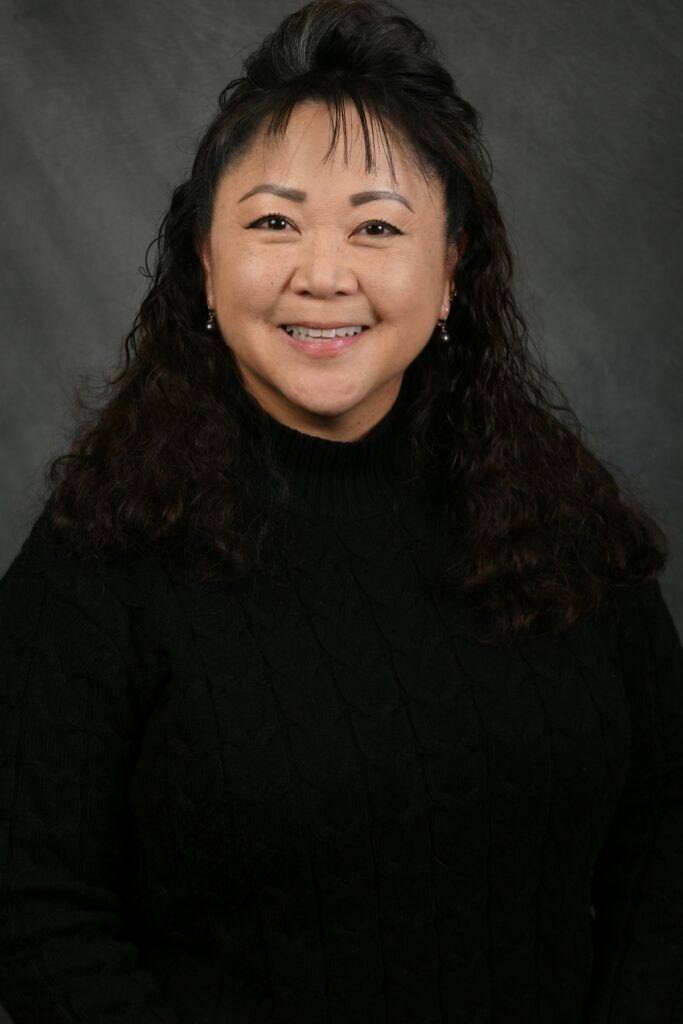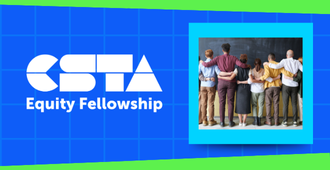By: Leah L. Aiwohi
In this digital age, computer science (CS) education is increasingly recognized as a fundamental pillar of modern education. However, as the field expands, it brings to the forefront numerous challenges, particularly in ensuring equitable access and participation for all students. Equity-focused challenges in teaching computer science encompass a wide array of issues, ranging from access to resources and opportunities to systemic biases ingrained within educational structures. This article aims to delve into these challenges, exploring their roots and proposing potential solutions to foster a more inclusive CS education landscape.
One of the primary equity-focused challenges in teaching computer science is the unequal access to resources and infrastructure. Disparities in technology access between affluent and marginalized communities exacerbate existing inequalities. Students in underserved areas often lack access to up-to-date hardware, software, and reliable internet connections, hindering their ability to engage meaningfully with CS curriculum. Moreover, schools in low-income neighborhoods frequently struggle to recruit and retain qualified CS teachers, further widening the gap in educational opportunities.
To address this challenge, policymakers must prioritize investment in technology infrastructure and ensure equitable distribution of resources across schools. Initiatives such as providing grants for schools in underserved areas to upgrade their technology infrastructure and offering incentives for qualified CS professionals to pursue teaching careers can help bridge the gap.Additionally, partnerships between schools, businesses, and community organizations can facilitate access to resources and provide students with real-world learning experiences.
Another equity-focused challenge in teaching computer science lies in the lack of representation and diversity within the field. Historically, CS has been dominated by white males, leading to a lack of diverse role models and stereotypes that discourage underrepresented groups from pursuing CS careers. Women, racial minorities, and individuals from low-income backgrounds face systemic barriers that limit their participation and advancement in the field.
To promote diversity and inclusion in CS education, it is essential to cultivate a welcoming and supportive learning environment that celebrates diverse perspectives and experiences. This involves integrating culturally relevant content into the curriculum highlighting contributions of underrepresented groups to the field of CS, and fostering mentorship programs that connect students with industry professionals from diverse backgrounds. Additionally, efforts to address implicit biases and dismantle systemic barriers within educational institutions are crucial for creating a more equitable learning environment.
Socioeconomic factors also play a significant role in shaping students’ access to CS education. Affluent schools often offer a wide range of CS courses, extracurricular activities, and enrichment programs, providing students with a competitive advantage in the job market. In contrast, students from low-income families may lack access to these opportunities, limiting their ability to explore their interests and develop essential skills in CS. To mitigate these socioeconomic barriers, schools must provide comprehensive support systems that address the needs of students from diverse socioeconomic backgrounds. This includes offering financial assistance for course fees and exam costs, providing transportation to off-site programs and events, and establishing partnerships with local businesses to create internships and job-shadowing opportunities for students. Moreover, integrating CS education into broader initiatives aimed at addressing poverty and inequality can help create pathways for social and economic mobility for underserved communities.
Language and cultural differences pose additional challenges in teaching computer science, particularly for students who are English language learners or come from non-Western cultural backgrounds. Traditional CS curriculum relies heavily on English language resources and cultural references that may not resonate with all students, leading to feelings of alienation and disengagement. To address language and cultural barriers, educators must adopt culturally responsive teaching practices that honor students’ linguistic and cultural backgrounds. This involves incorporating multilingual resources, culturally relevant examples, and diverse perspectives into the curriculum to make CS education more accessible and inclusive for all students. Additionally, providing support services such as English language instruction and culturally sensitive counseling can help students overcome language barriers and thrive in the CS classroom.
In conclusion, equity-focused challenges in teaching computer science are multifaceted and deeply entrenched within educational systems. Addressing these challenges requires a concerted effort from policymakers, educators, industry leaders, and community stakeholders to dismantle systemic barriers and create a more inclusive learning environment. By prioritizing access to resources, promoting diversity and representation, addressing socioeconomic barriers, and embracing cultural differences, we can ensure that all students have the opportunity to engage meaningfully with computer science education and pursue fulfilling careers in the field. Only through collective action and commitment to equity can we truly realize the transformative potential of computer science education for all.
About the Author

Leah Aiwohi has been a public school teacher in Hawaii throughout her 34-year career as an educator. Having taught at the Elementary, Middle and High School levels, Leah has come to realize that educators need to be flexible, attune to trends in student interests, and supportive of all students. She currently teaches media production, computer science and STEM education. Continually striving to keep up with the ever-changing tapestry of education, Leah has been involved in media, CS and STEM at the state and national levels. A Code.org CS Leaders Award recipient in 2022-2023 as well as recently joining the first cohort of Amazon Future Engineers Teacher Ambassadors, Leah has also been a PBS All-Star Digital Innovator.

